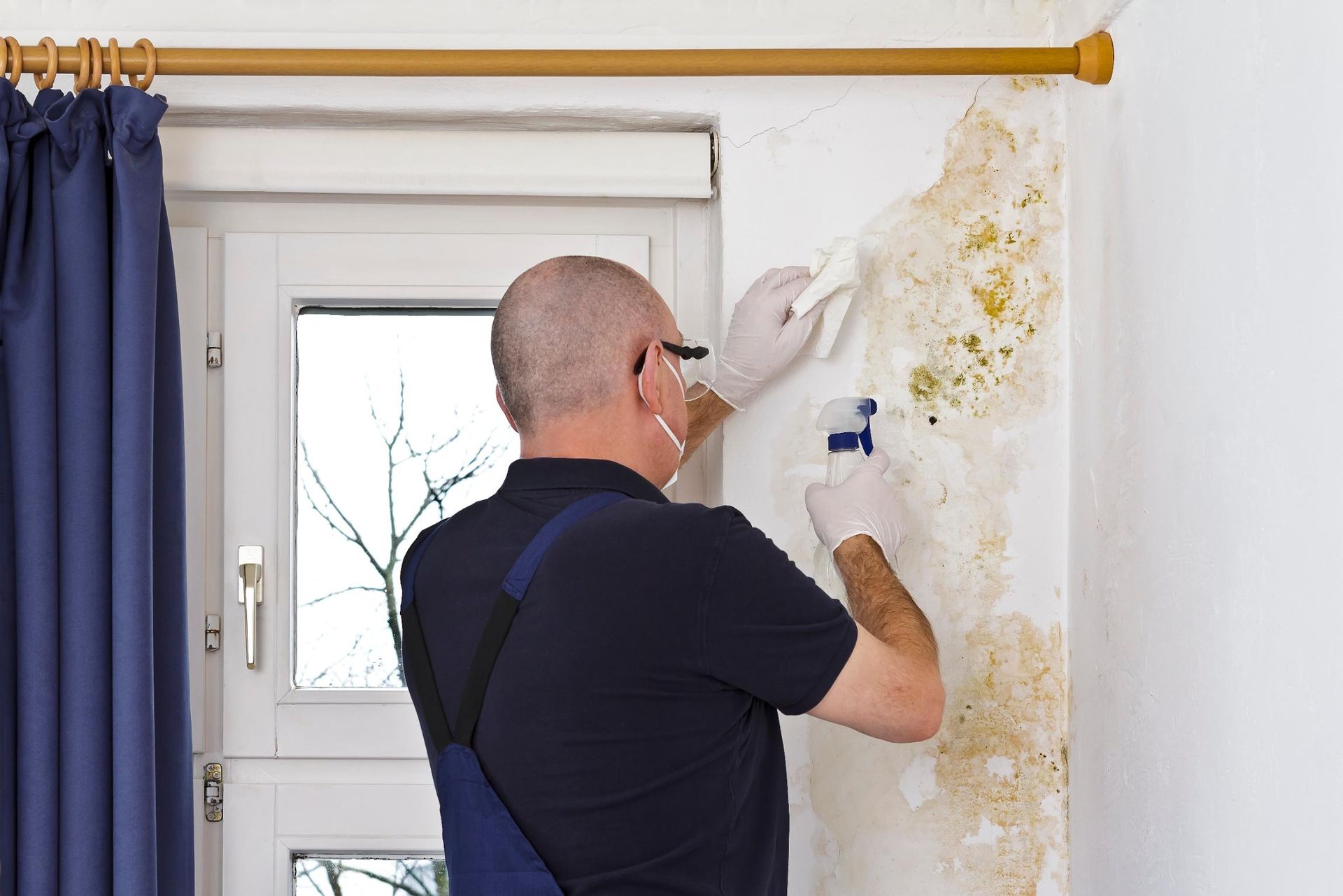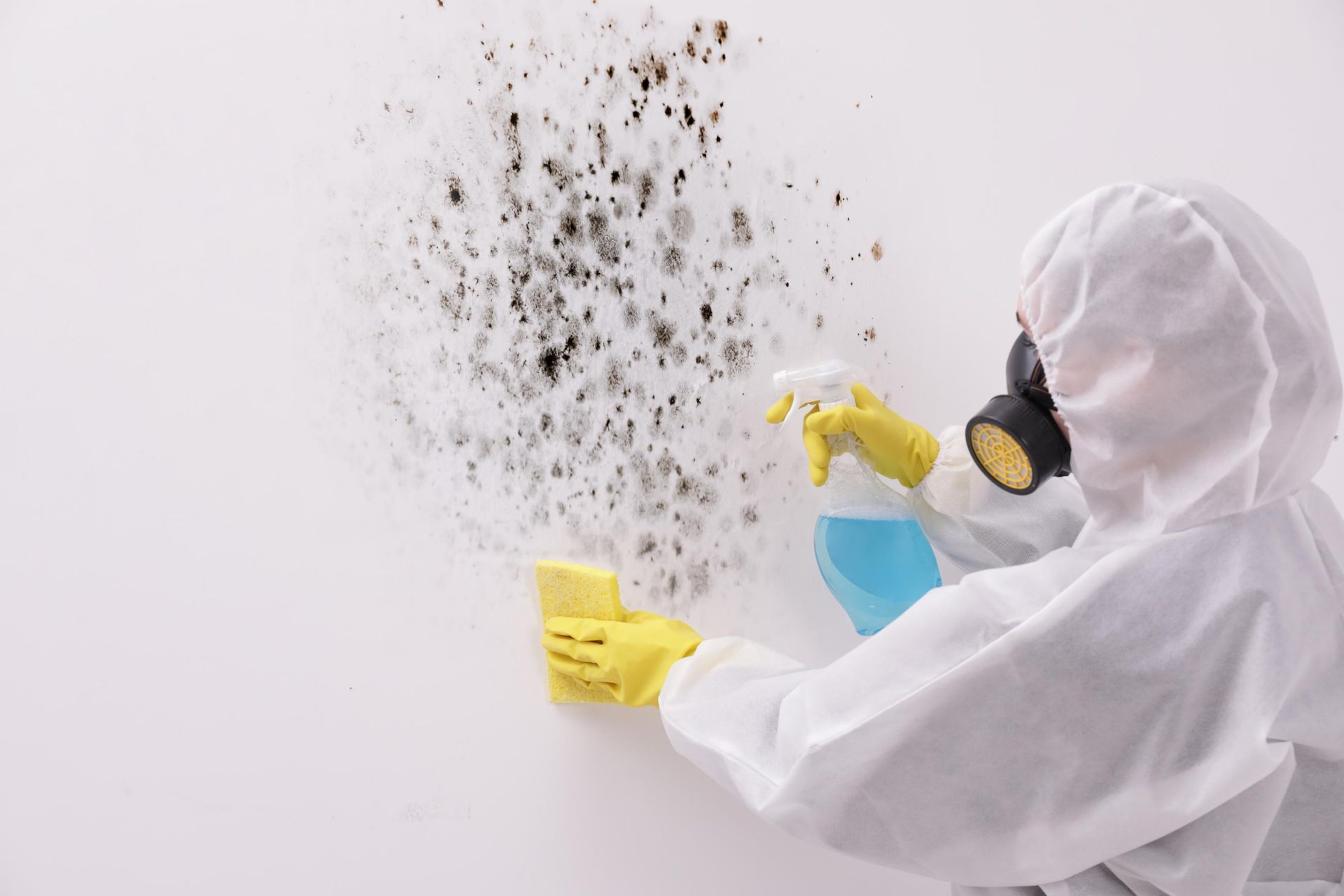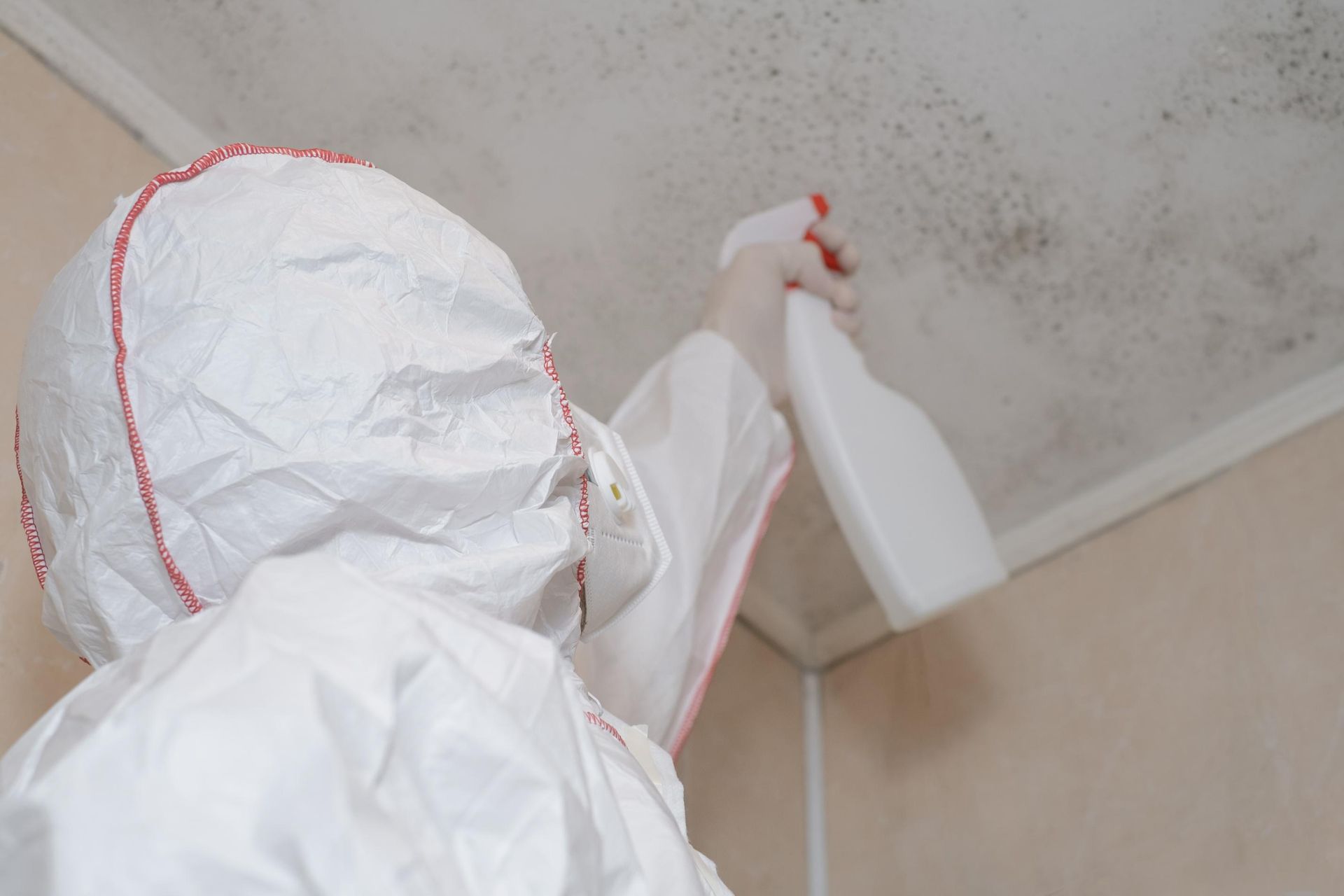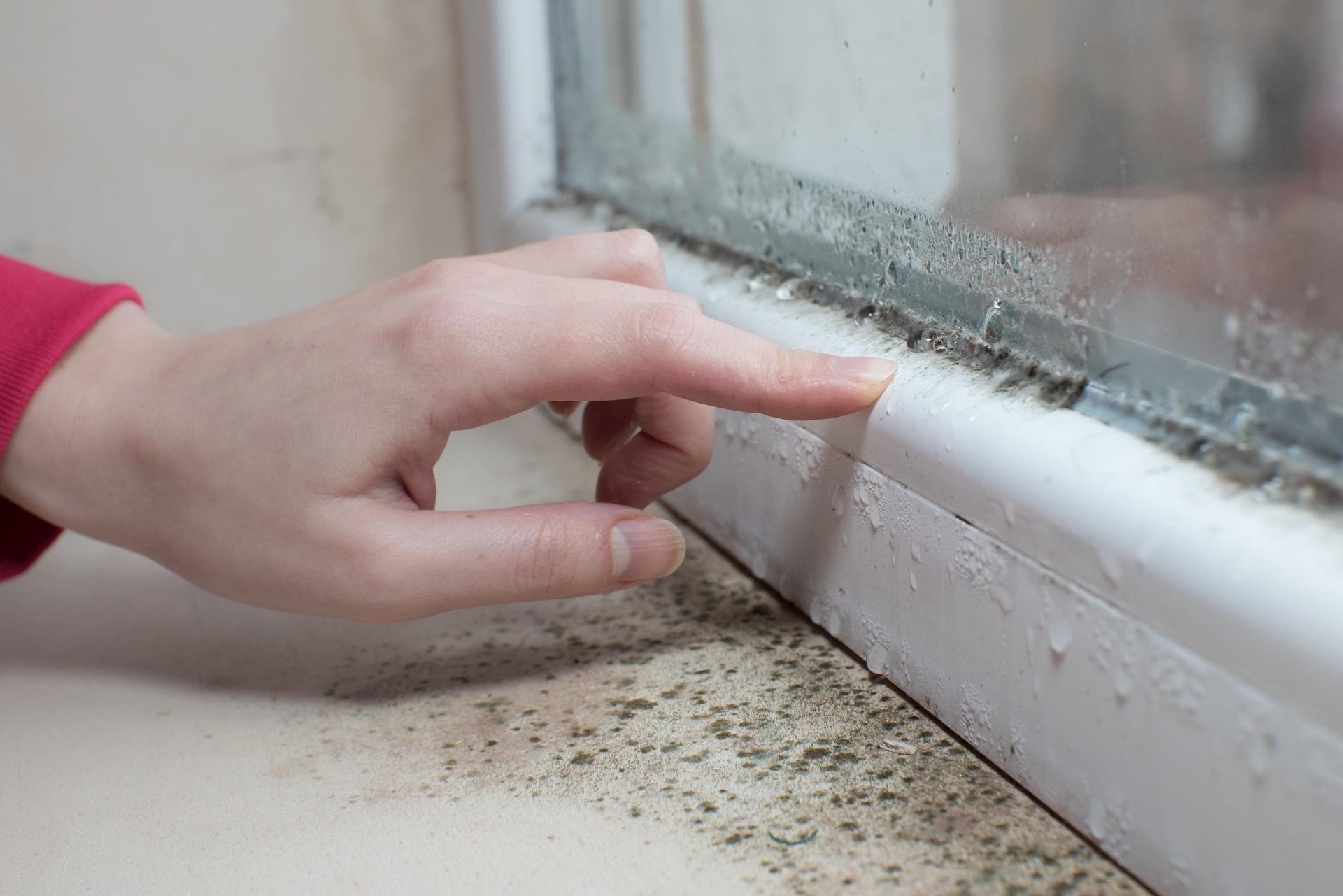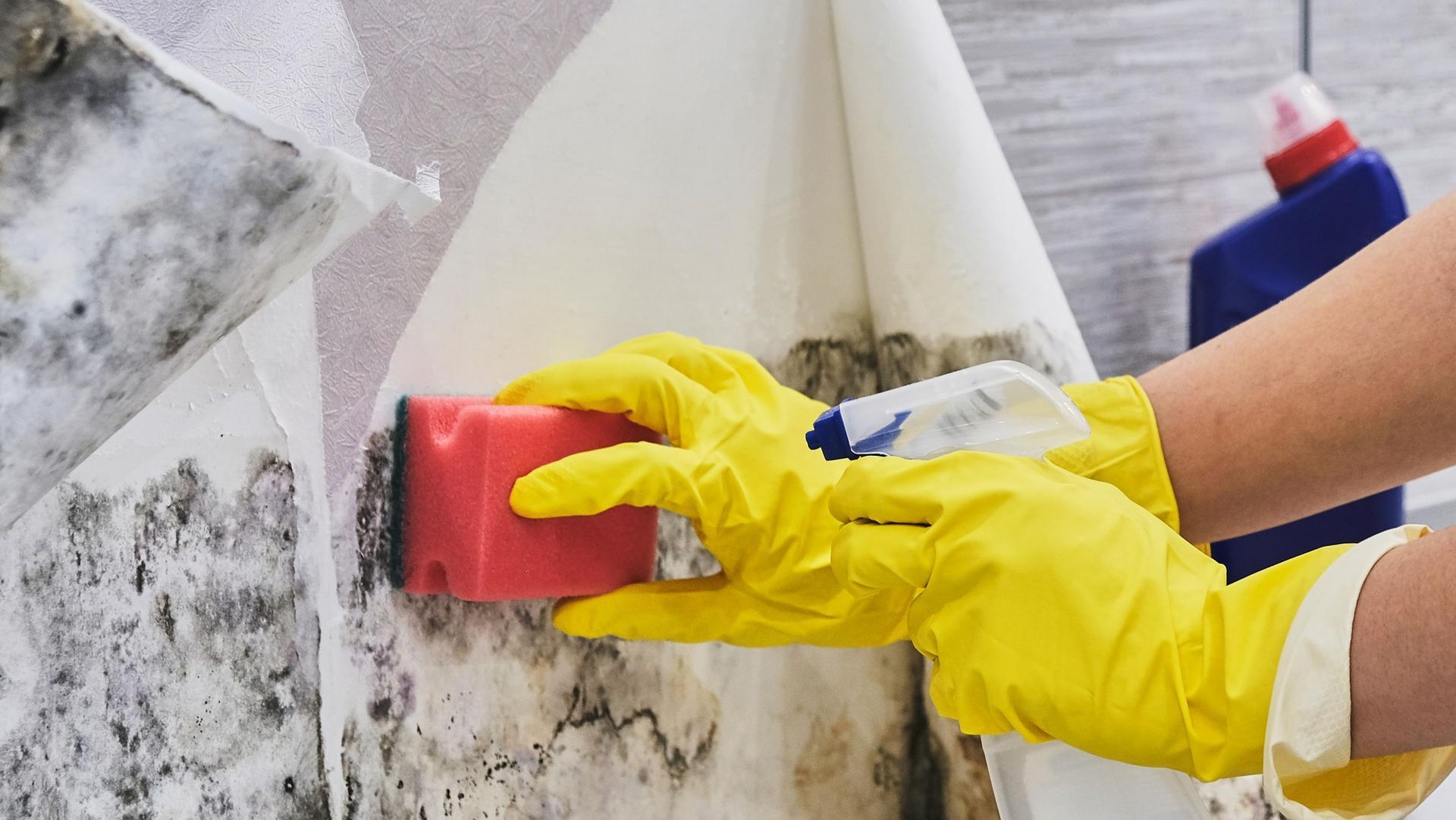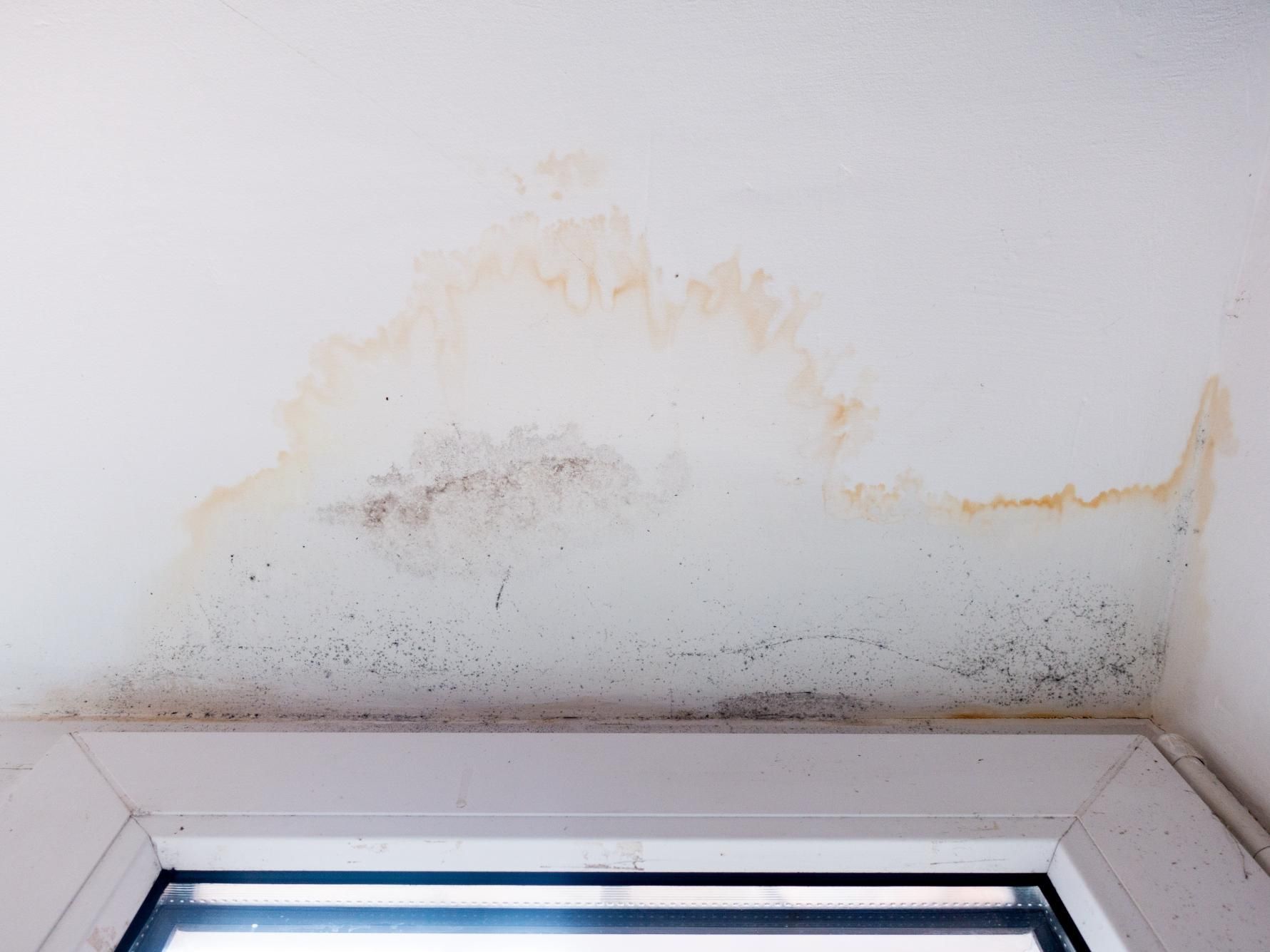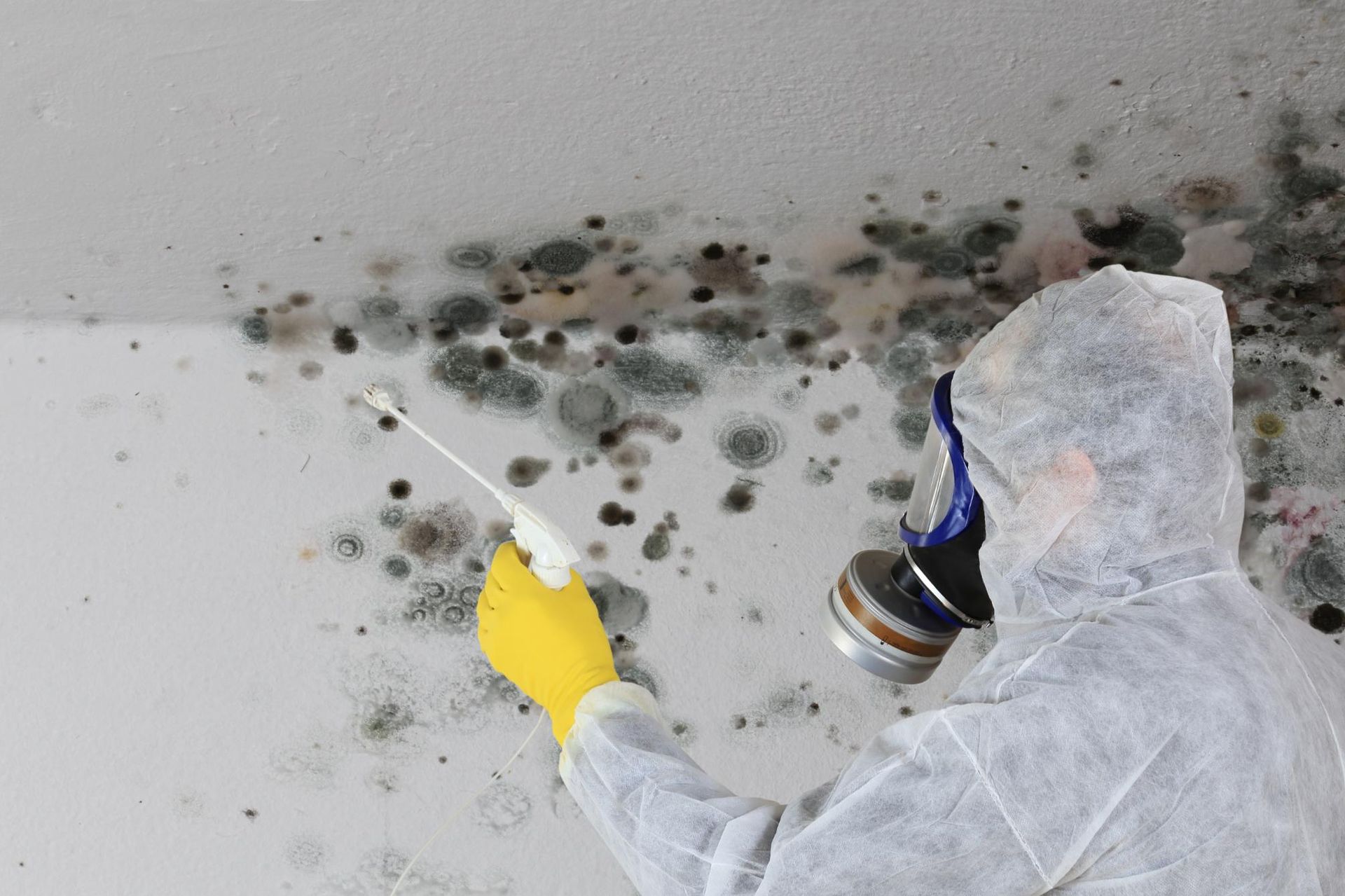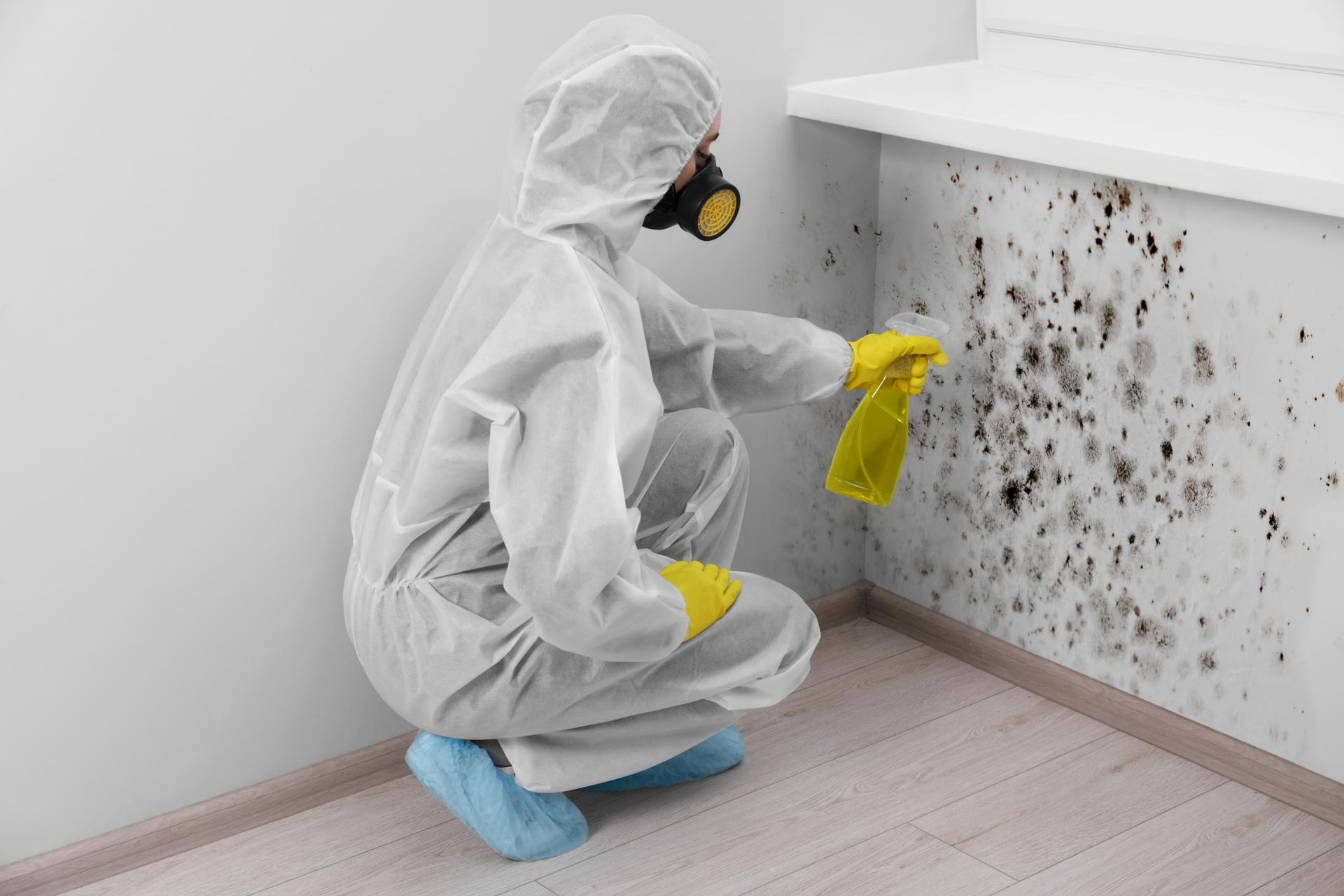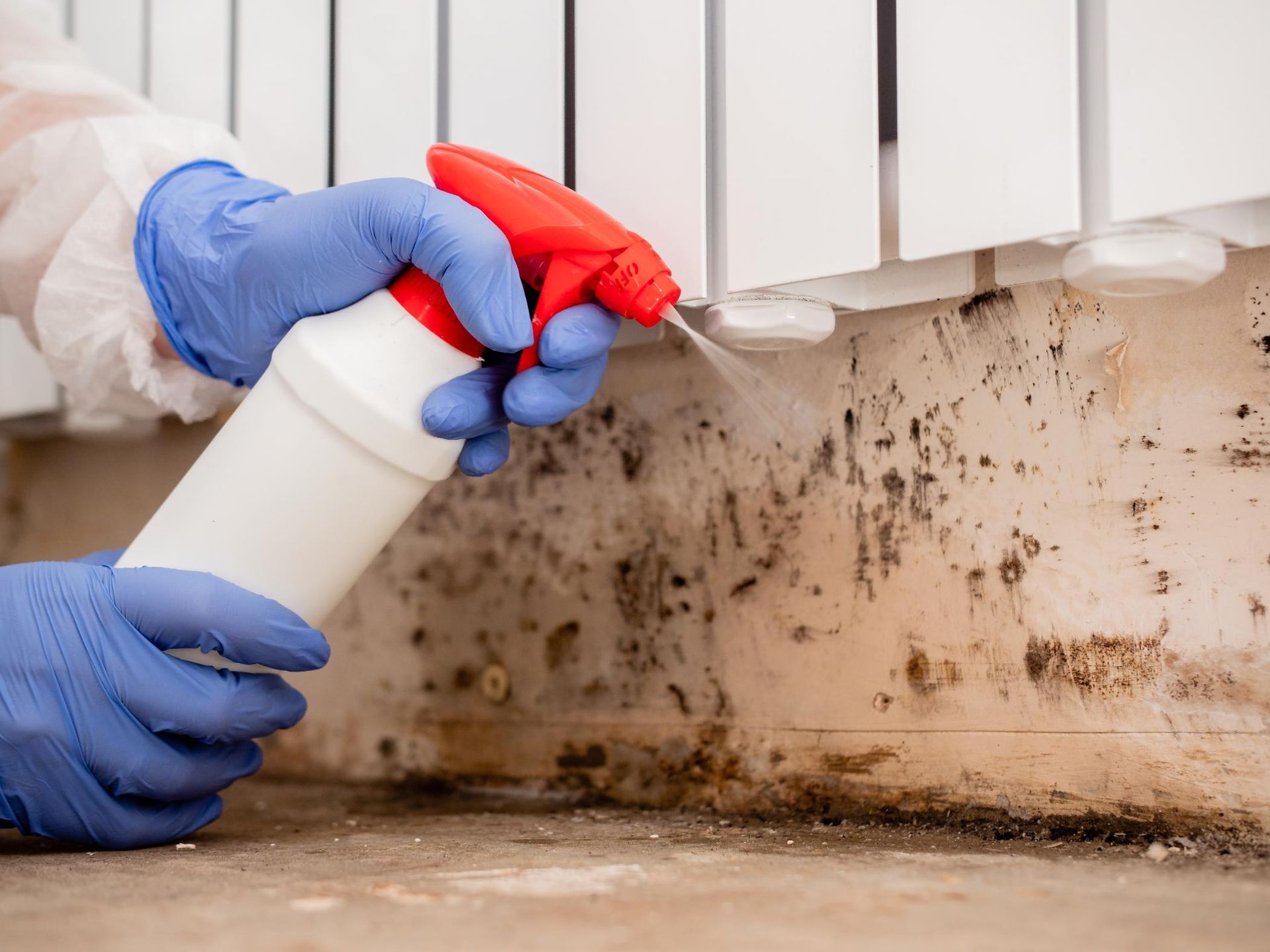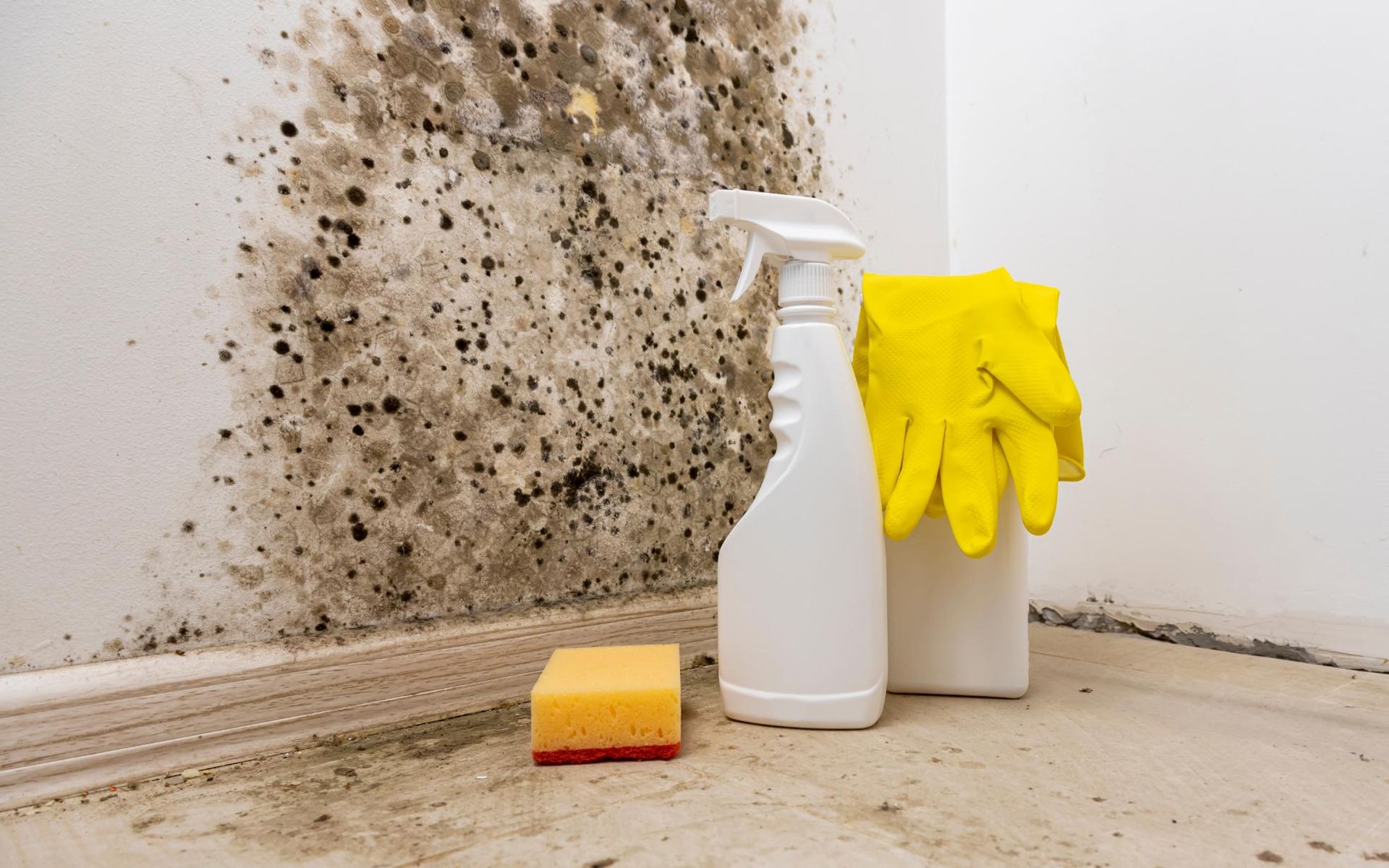Understanding Mold Growth and Health Risks
Mold Inspection in Baltimore
Mold, a microscopic fungus, can have detrimental effects on your health and property. It thrives in damp environments and can cause a wide range of health issues, including allergies, asthma, and respiratory problems.
How Mold Grows
Mold spores are always present in the air, but they require moisture and organic matter to grow. When conditions are favorable, such as in damp basements or bathrooms, mold spores germinate and begin to form colonies.
Health Risks of Mold Exposure
- Allergies: Mold spores can trigger allergic reactions in people with weakened immune systems.
- Asthma: Exposure to mold can worsen asthma symptoms, such as wheezing and shortness of breath.
- Respiratory Infections: Mold can cause respiratory infections, including bronchitis and pneumonia.
- Other Health Problems: Long-term exposure to mold has been linked to more severe health issues, such as organ damage and cancer.
Identifying Mold
Mold can appear in various forms and colors. It can be black, green, white, or gray, and can be slimy, powdery, or fuzzy.
Mold Inspection in Baltimore
If you suspect mold growth in your home or business, it is crucial to have it inspected by a professional. Mold inspection in Baltimore involves:
- Visual examination of potential mold growth areas
- Moisture level testing
- Sampling and identification of mold spores
- Comprehensive report with recommendations for remediation
Mold Remediation
If mold growth is confirmed, it is essential to remediate it promptly to protect your health and property. Remediation involves:
- Removing moisture sources
- Cleaning and disinfecting mold-affected areas
- Preventing future mold growth
Protecting Your Health from Mold
To prevent mold growth and its associated health risks, it is important to:
- Control moisture levels in your home or business
- Keep surfaces clean and dry
- Repair leaks promptly
- Ventilate bathrooms and kitchens
- Use dehumidifiers in damp areas
